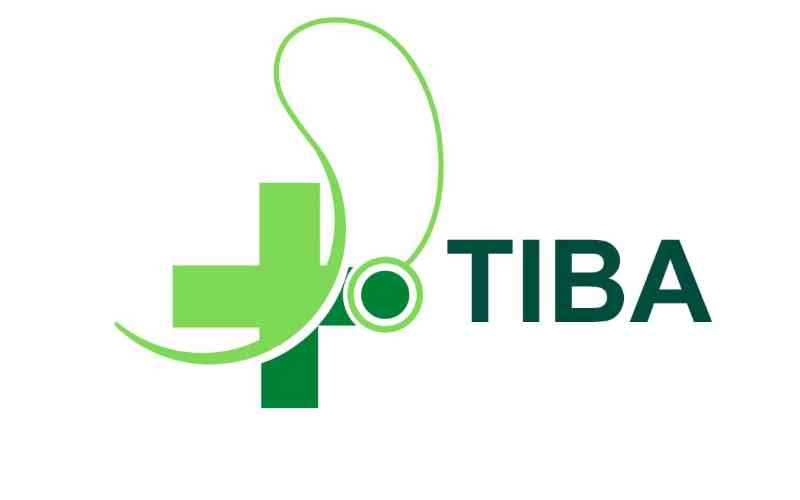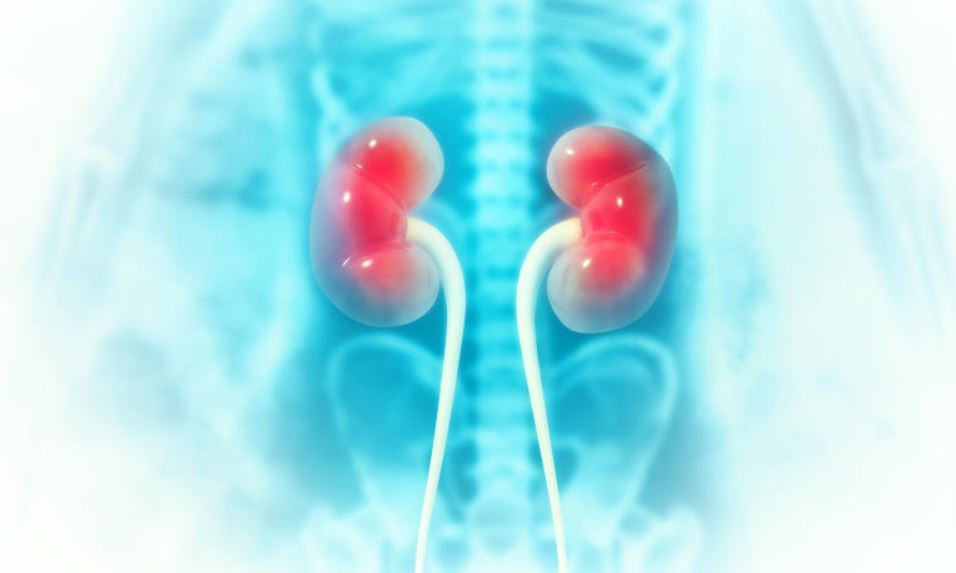
The plan by the government to reduce the monthly contributions from the public insurers and the proposed change in the contribution model has been criticised by experts.
The Ministry of Health plans to reduce monthly contributions from the current Sh500 to Sh300. Experts however maintain that while the model may attract more members, it may not fully account for medical costs.
Health Cabinet Secretary (CS) Susan Nakhumicha reiterated over the weekend that reduced charges will attract more members. "Sooner, we shall reduce the NHIF (National Health Insurance Fund) fee from the current Sh500 to Sh300," said Ms Nakhumincha.
Speaking in Uasin Gishu County during the commemoration of World Tuberculosis (TB) Day, the CS added that the contribution model will change from individual to household.
Contribution at the household according to the CS will ensure all family members receive healthcare when in need. "If a man enrols for an NHIF card, it will cater for the wife and their children," said the CS.
She called on governors to fast-track the issuance of birth certificates to speed up the process, saying lack of birth certificates hinders registration of people under the cover, more so, the elderly.
But experts have criticised the move to change the contribution model at Kenya's public health insurer from individual to household-based, saying it will not scale up the intended Universal Health Coverage (UHC).
"Household contribution could make it easier for them. They will share the payment for example Sh500 divided by 10 members of a family. But when it comes to medical cost, it is per individual which makes it hard for the fund to break," said Prof XN Iraki, an economist at the University of Nairobi.
- Staff wrangles stall SHA recruitment process
- Ex-NHIF staff face over massive salary cuts after deployment to PSC
- Duale moves to shield ex-NHIF staff from pay cuts in SHA transition
- Ex-NHIF workers in limbo as SHA moves to advertise positions
Keep Reading
Small households
In its 2023 Budget Policy Statement (BPS), the National Treasury stated that restructuring NHIF will ease the burden facing the majority of Kenyans, by focusing on households, rather than individuals.
According to Iraki, shifting contributions to households could penalise small households, which will not raise more revenue to boost healthcare.
"Reducing monthly subscriptions can only be a success if the cost of medical care is reduced. Will medical costs go down as per the plan?" Posed the economist.
"Telling Kenyans that the charges for NHIF will reduce without addressing the cost of care is a populist statement."
Currently, NHIF contribution ranges from Sh500 to Sh1,700 depending on the type of cover, and income generated by a holder.
NHIF reports reveal there is a total of 15.4 million members, out of which, only 6.7 million are active. In the 2021 financial year, NHIF collected a total of Sh61.53 billion from its members.
Dr Daniel Mwai, a lecturer of health economics at the University of Nairobi (UoN), attributed laxity in the enrolment of NHIF to operating pre-independent, where it used to focus on people in formal employment, which represents only 25 per cent of the population.
There is also a lack of trust in the entity, where premiums promised are not offered in the time of need.
"Public trust is very important in an insurance scheme. For example, if I promise to buy someone lunch, but only provide money for tea, will there be trust anymore?" posed the health economist.
In its draft budget proposal, the National Treasury, further noted that the majority of Kenyans are forced to pay out of pocket, when sick, an issue that strains healthcare.
Out-of-pocket payment, it noted has forced a number of Kenyans to dispose of their property to cater for healthcare. "As part of the health sector interventions, the government will reform NHIF as a necessary imperative," read a section of BPS report.
Health reports note that Kenya's total health expenditure stands at Sh550 billion annually, of which, 63 per cent is financed by the government and 27 per cent is out of pocket, and 10 per cent is through insurance schemes.
Kenyans spent Sh150 billion on out-of-pocket expenditures on health services annually. In Kenya Kwanza's health manifesto, NHIF contribution was to be mandatory and the payment was to be made at household.
Each household was expected to pay a minimum of Sh300 and a maximum of Sh3,000 monthly, raising Sh200 billion annually.
The National Treasury noted in the draft that despite NHIF enrolling more members, the majority of the active members are those who earn a salary, against the intended social insurance scheme, as per the government's plan, of including everyone.
According to Prof Iraki, the government should develop policies of having for example children, youth and the elderly contribute less to the insurer. "Sensitisation should be done, for Kenyans to understand the importance of enrolling for public insurance cover," he said.
 The Standard Group Plc is a multi-media organization with investments in media
platforms spanning newspaper print
operations, television, radio broadcasting, digital and online services. The
Standard Group is recognized as a
leading multi-media house in Kenya with a key influence in matters of national
and international interest.
The Standard Group Plc is a multi-media organization with investments in media
platforms spanning newspaper print
operations, television, radio broadcasting, digital and online services. The
Standard Group is recognized as a
leading multi-media house in Kenya with a key influence in matters of national
and international interest.











